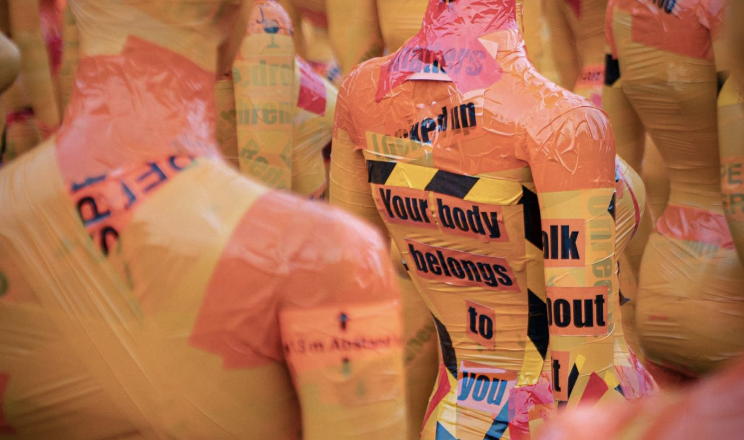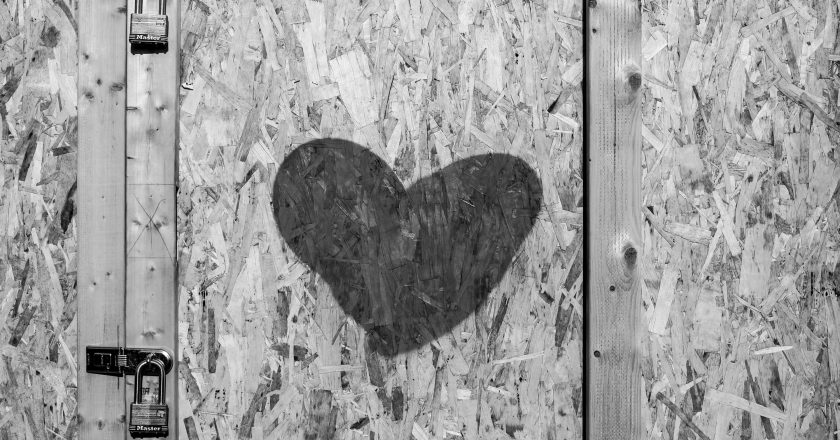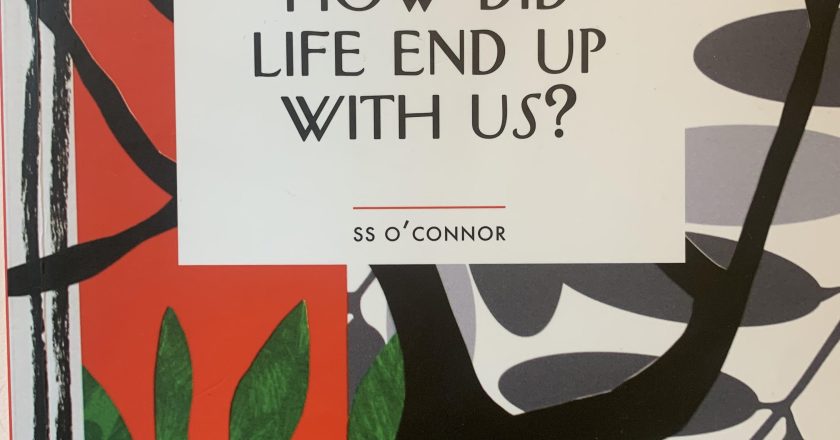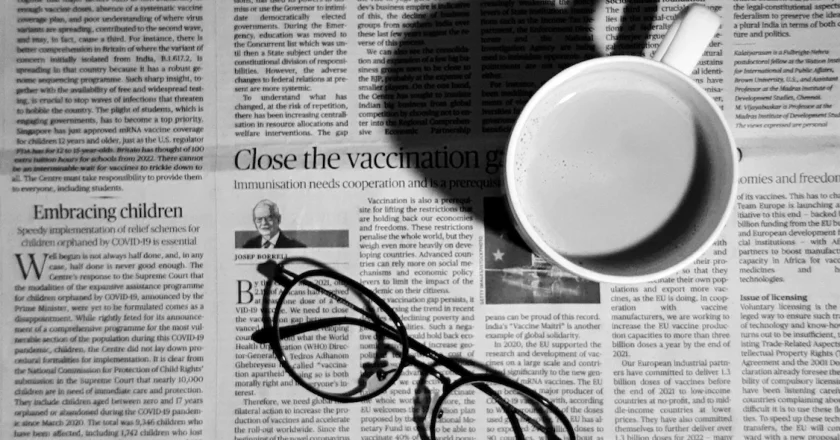Some Things Never Change: Body Positivity or Toxicity?
By Beth McCowen
As the weather gets hotter, and the events that have been in our diaries for months are finally rolling around, it’s time to switch up our wardrobes to include some summer attire after months and months of cosy jumpers and trendy scarves. As joyful as the sunshine, floral dresses, and holidays can feel, this transition in season, and therefore style, is easier for some than it is for others. Throughout the autumn, winter and even spring months, we often grow used to hiding away our bodies, our insecurities, under clothes in which we feel comfortable, usually on the basis that they show less of our skin than the alternatives that are more practical for the summer.
For those who have struggled with eating disorders, other health problems, or difficult relatio...










